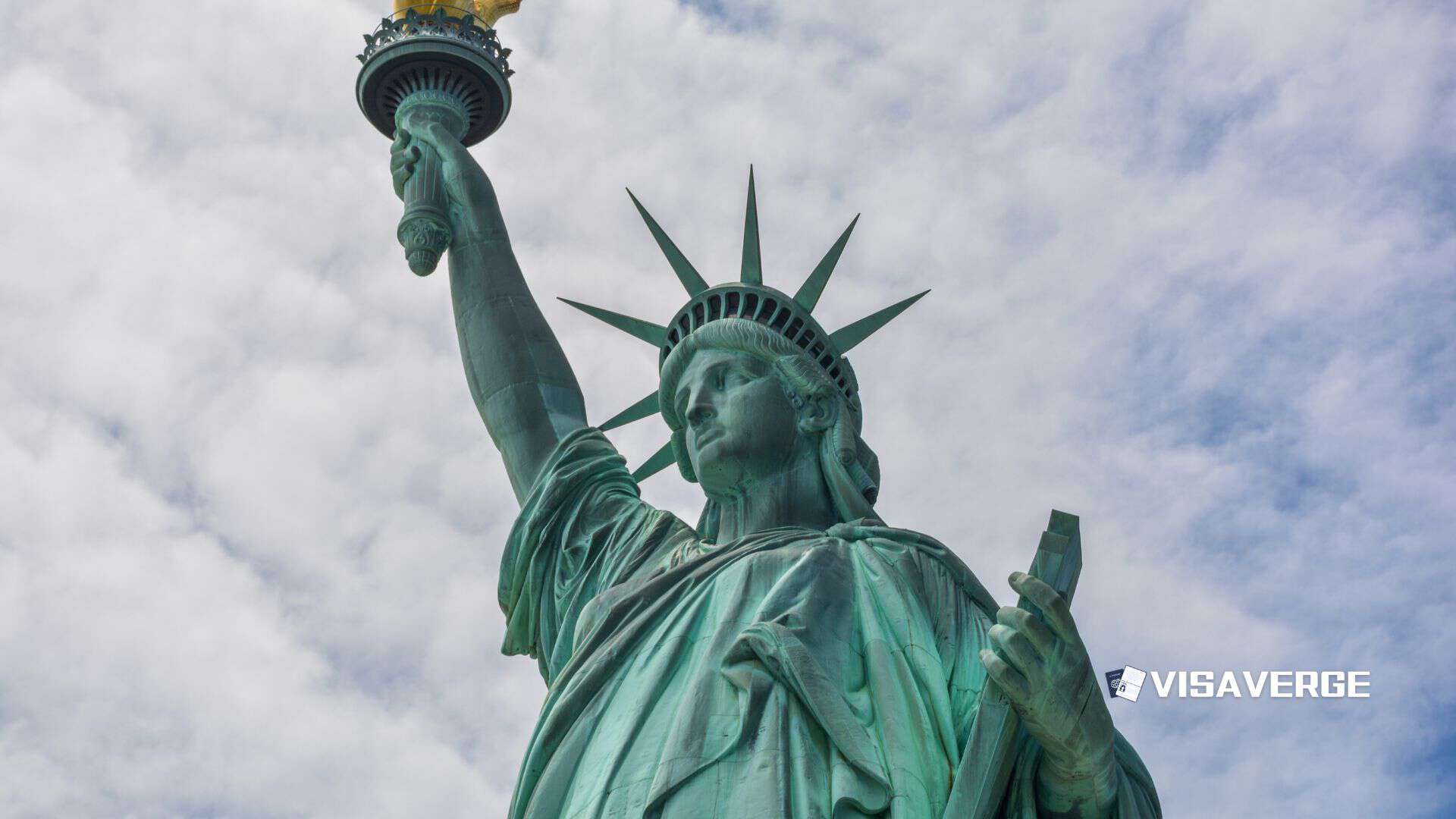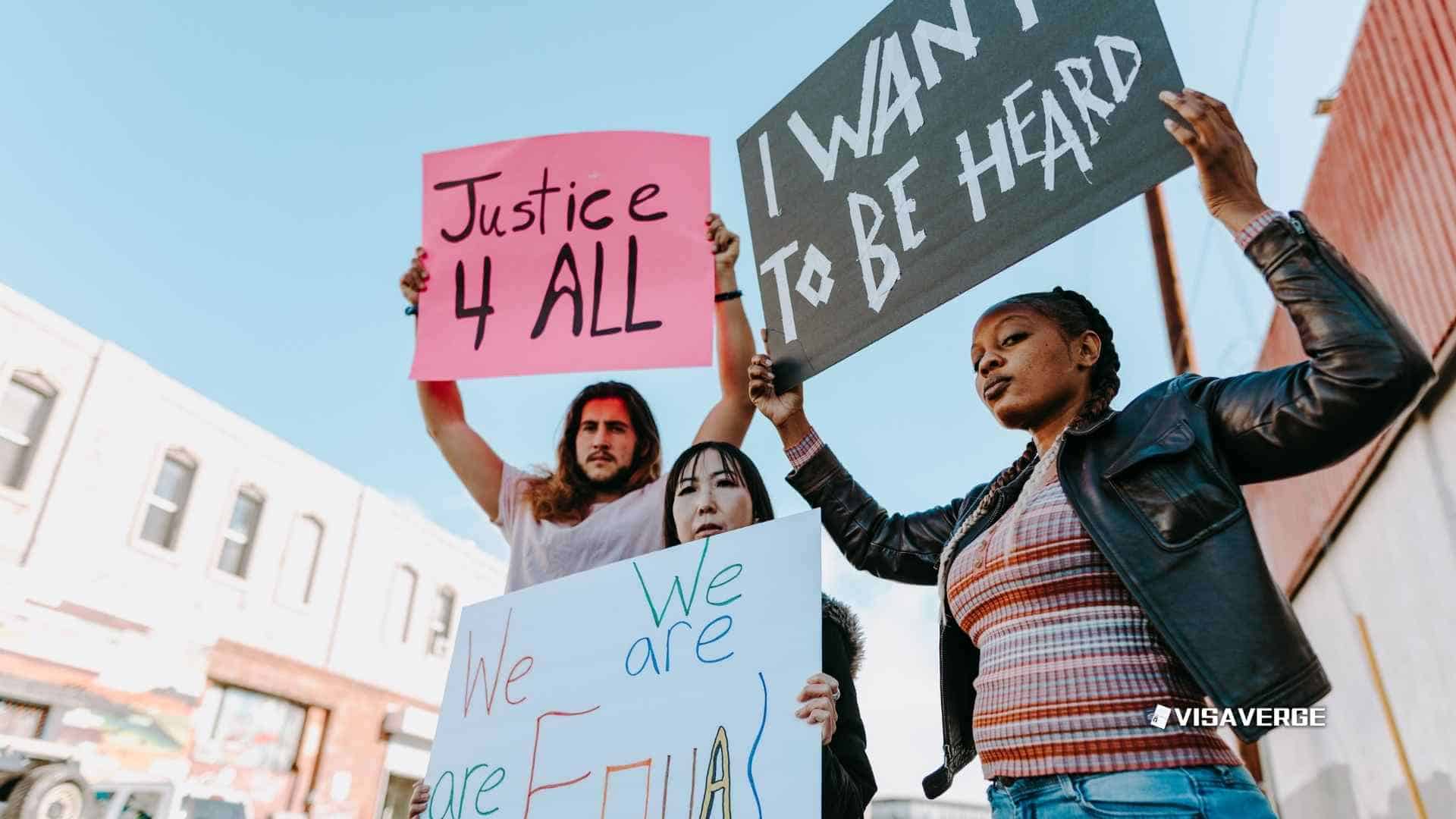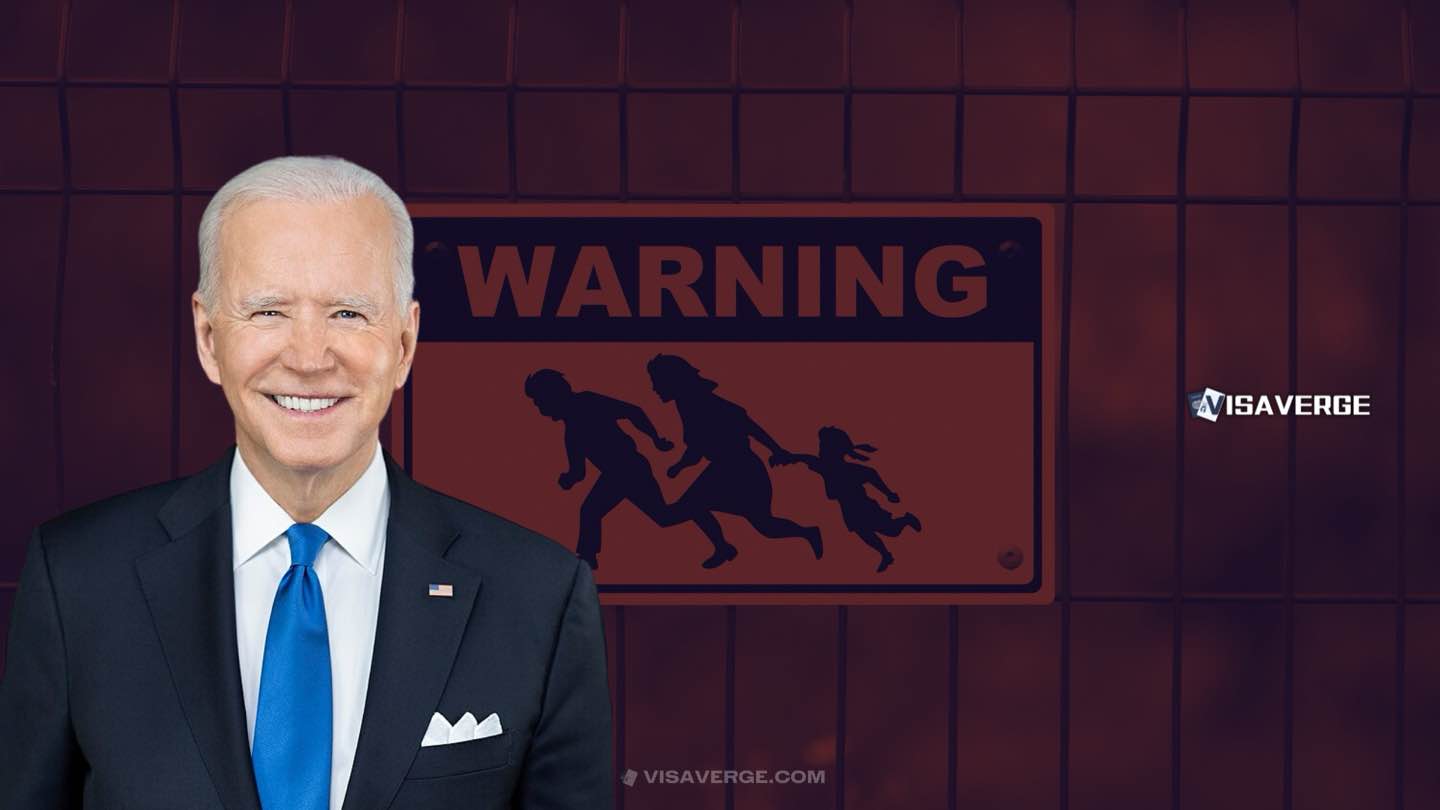Key Takeaways
• Senate Bill 16 would require all Texas voters to provide proof of U.S. citizenship to maintain full voting rights.
• Those who lack proof can only vote in congressional elections, excluding them from presidential, state, and local races.
• The law could impact long-time voters, especially elderly, young, and Native American Texans with harder access to documents.
A new voting proposal in the Texas Legislature is gaining attention for its possible effects on every registered voter in the state. Senate Bill 16, now moving through the House of Representatives after passing the Senate, would require all voters to present proof of citizenship to be eligible for full voting rights. This plan could change not only how new voters register but also how long-term voters remain eligible.
What Senate Bill 16 Proposes

Senate Bill 16 is sponsored by Senator Bryan Hughes, a Republican from Mineola. The bill passed the Senate with every Republican senator in favor and every Democratic senator against it. Its main rule is simple: Texans must provide documentation that proves they are citizens of the United States to vote in all elections, not just when first registering.
Here are the specific documents that would count as proof of citizenship under the current proposal:
– A United States passport or passport card
– A certified birth certificate from any U.S. state or territory
– United States citizenship documents, such as naturalization papers
– Official identification from the federal agency responsible for citizenship and immigration
– For Americans born abroad, a consular report of birth abroad
It’s important to note that unlike a similar law passed in Arizona, Senate Bill 16 does not allow tribal documents, which can affect Native American voters who use these papers to confirm their citizenship.
Who Is Affected by the Bill?
Some people believe this bill would only impact those registering to vote for the first time. But the bill’s details show a much broader effect. If it becomes law, Senate Bill 16 would impact nearly every voter in Texas—both new applicants and those already on the rolls.
If you registered to vote before the early 2000s, you may have never needed to give proof of citizenship. This is because Texas started asking for these documents only after the federal Help America Vote Act in 2002 and the Real ID Act of 2005. Many Texans who registered before these changes—often older residents—might now have to find and submit these documents to keep their voting rights.
Here’s how the process would work:
- The Texas Secretary of State would send county officials a list of voters who have not provided proof of citizenship before September 2025.
- County officials would have to contact these voters and do everything possible to verify their citizenship.
- All efforts made to reach and verify voters must be carefully documented by election offices.
VisaVerge.com’s investigation reveals that this process means even long-time voters could be affected, especially those who have moved, lost documents, or never needed them to vote before.
What Happens If You Don’t Provide Proof?
One of the biggest changes is what happens to voters who don’t provide proof of citizenship. If you fail to show the required documents, here’s what the bill says:
- You can only vote in congressional elections, which means races for the United States House and Senate.
- You’re blocked from voting in elections for president, as well as for state and local positions.
- If you show up at your polling place but have not yet submitted proof, you still get a chance to clear things up. You have six days after the election to send in your documentation if you want all your choices on the ballot to count.
This rule brings extra pressure, especially for those who may face trouble locating their paperwork or for people who don’t check their mail regularly.
Timeline and Cost for Texas
If Senate Bill 16 becomes law, it would go into effect on September 1, 2025. This gives state and local officials about one year to get ready for the changes. The official estimate puts the cost at about $2 million over five years for the statewide implementation. This number does not include additional local costs, such as hiring extra people or managing the paperwork. For counties—especially those with large populations—these extra costs could be very high.
Another key date is January 1, 2026. By then, the Texas Secretary of State must ask the federal Election Assistance Commission—the group that oversees voter rules at the national level—to update the Texas voter registration form to ask for proof of citizenship. Until then, the current registration process stands. If you want more details on how these forms work, you can visit the Texas Secretary of State’s Elections page.
Concerns From Opponents
Not everyone agrees that Senate Bill 16 is good for Texas voters. Many Democrats and voting rights groups say the bill could block many people from voting, even if they are legally allowed to do so.
Here are the main worries from those who do not support the bill:
- Studies show that more people in Texas may lack proof of citizenship documents than there are cases of non-citizen voting.
- A 2024 study says that 1% of Texas Republicans do not have documented proof of citizenship, even though they are citizens. Another 7% cannot easily find their documents.
- Younger Texans—people in their teens and twenties—are three times more likely than older adults to have problems getting these papers.
- Election officials working in Texas could face criminal felony charges if they let someone vote without verifying proof of citizenship the right way. This adds extra stress to election workers, who could be charged with a major crime if they make a mistake.
These concerns are not just theoretical. If the bill passes, it may mean some people who have always voted suddenly lose their right to vote in most elections simply because they lack the right paperwork.
Supporters’ Arguments
Republicans, including Senator Hughes, say these controls are necessary to make sure only United States 🇺🇸 citizens can vote in Texas elections. They argue this prevents non-citizen voting, which they say is a risk to fair elections, even though records show that actual cases are extremely rare.
Supporters also say:
- The law gives everyone plenty of time to get ready before it takes effect.
- The bill would only impact a small number of people—those who cannot or will not provide citizenship documents.
Senator Hughes addressed the issue by stating voters would have “ample time” to collect the required documents before the new rules apply. He believes the number of affected voters is “a relatively small group of individuals,” suggesting that most Texans already have the required papers or can get them easily.
Direct Effects for Different Groups
Older Texans
The biggest group likely to struggle under Senate Bill 16 are people who registered to vote before 2002. Many elderly voters may not remember what documents they presented—if any—when they first registered. They may also have trouble getting these records now, especially if they were born far away or in another state.
Many older Texans may need help from family or social services just to track down a birth certificate or locate passports that have expired. These difficulties could make it harder for them to vote in anything besides congressional races.
Young People and Students
Research indicates young adults are more likely not to have easy access to proof of citizenship. Many young people may not have ever applied for a passport or held onto their birth certificates. College students, who may move often, might not have important documents handy, putting their eligibility for state and local elections in question.
Native American Communities
Because the Texas bill does not include tribal documents as valid, Native American citizens in Texas face an added problem if their main identification is issued by their tribal authority rather than the United States or Texas. Arizona’s similar law was changed so that tribal papers became acceptable, but Senate Bill 16 does not make this allowance.
Election Workers
Local officials in charge of elections face big changes, too. Not only do they need to track who has or hasn’t turned in proof of citizenship, but failing to do so correctly puts them at risk of felony charges. This could make the job harder and less appealing at a time when many places already have trouble hiring enough election workers.
National Implications
If Texas moves ahead with Senate Bill 16, it could become a model for other states considering tougher voter rules. It also joins a growing group of states seeking to add new steps for voter registration or participation, often in the name of fighting fraud, though statistics show non-citizen voting remains very rare in the United States 🇺🇸.
At the same time, adding proof of citizenship requirements could put Texas at odds with some national voting standards, or could lead to more court cases about voting rights and discrimination.
Immediate Next Steps
As of now, the Texas House of Representatives is the next stop for the bill. If the House votes in favor, the new rules will move forward, making Texas one of the toughest states for proof of citizenship requirements at the polls.
If you’re a Texas voter or thinking about registering, the advice is clear: check whether you have documents like your passport, birth certificate, or citizenship papers. If you don’t, it may be a good idea to start looking for these papers well before the September 1, 2025 deadline so you are ready if the bill becomes law.
The Broader Debate
Supporters believe that Senate Bill 16 would boost trust in elections. Opponents say it risks pushing many citizens out of the voting process—not because they are not citizens, but because they lack paperwork, have trouble getting documents because of cost or distance, or simply never needed them before.
One thing everyone seems to agree on is that, if passed, this bill would cause big changes for how Texans vote and who is able to participate in certain elections. With the growing debate about election security and voting rights in the United States 🇺🇸, what happens in Texas may shape future laws across the country.
Conclusion
Senate Bill 16 represents a major change for voters in Texas, with sweeping new requirements for proof of citizenship to vote in all but congressional races. The bill aims to protect the integrity of Texas elections, according to its supporters, but it carries the risk of keeping eligible voters away from the polls—especially older, younger, and Native American Texans, and puts extra pressure on election workers.
As this measure moves through the final stages in the Texas Legislature, all Texans—whether new voters or long-time participants—should watch developments closely. For up-to-date details, readers can refer to the Texas Secretary of State’s Elections website for the most current information on rules and accepted documents.
As reported by VisaVerge.com, the impacts of Senate Bill 16 will continue to be discussed and could set the direction for future voting laws in Texas and beyond. Whatever the final outcome, the importance of understanding the requirements—and making sure you have your proof of citizenship—cannot be overstated for all current and future Texas voters.
Learn Today
Senate Bill 16 → A proposed Texas law requiring all voters to provide proof of U.S. citizenship to vote in most elections.
Proof of citizenship → Official documents, such as a U.S. passport or birth certificate, used to confirm legal citizenship status.
Congressional elections → Elections for the United States House of Representatives and Senate, separate from state or local contests.
Texas Secretary of State → The state official responsible for overseeing elections, voter registration, and election law enforcement in Texas.
Election Assistance Commission → A federal agency that guides the administration and standards for voting processes across the U.S.
This Article in a Nutshell
Texas Senate Bill 16 could transform statewide voting by requiring all voters to present proof of citizenship, affecting millions. The measure may especially challenge older, young, and Native American voters lacking key documents. Supporters cite election integrity, while critics warn of disenfranchisement. All Texas voters should check their documentation before 2025.
— By VisaVerge.com
Read more:
• Jacqueline Dianne Wallace arrested in Florida for false U.S. citizenship claim
• Nicaragua passes constitutional amendment to revoke dual citizenship
• Study warns ending birthright citizenship may raise unauthorized population
• Nicaragua bans dual citizenship with sweeping constitutional reform
• Immigration, Refugees and Citizenship Canada reports slower processing times













